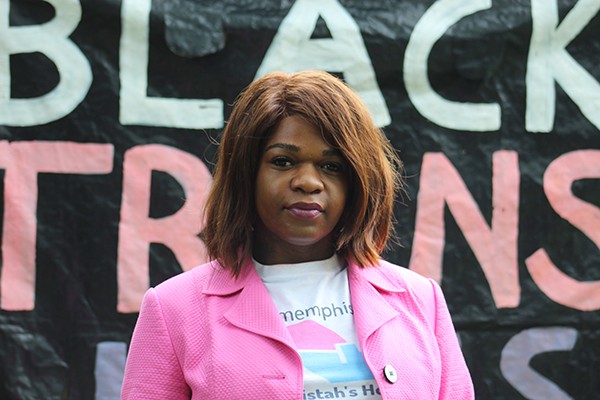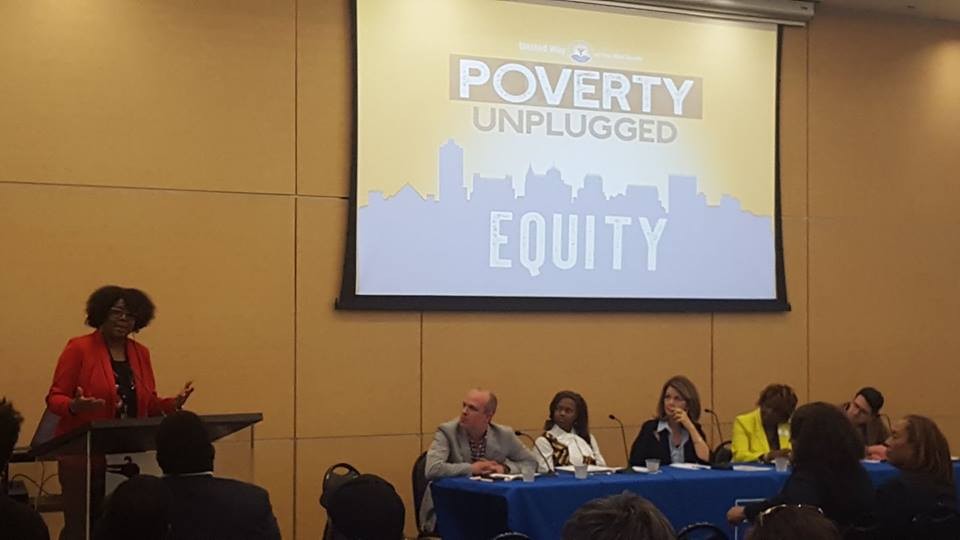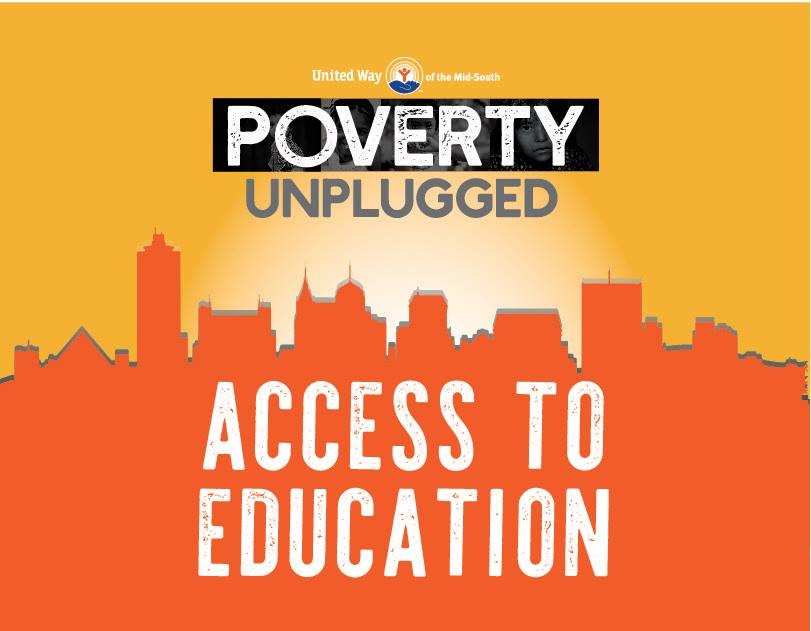The Shelby County government recently announced an investment of $194,000 into transitional housing at My Sistah’s House.
The organization was founded in 2016 by Kayla Rena Gore and Illyahnna C. Wattshall, two trans women of color who, according to My Sistah’s House, “sought to bridge a gap in services for trans and queer people of color (TQPOC) in Memphis, TN, with a focus on transgender women of color.
The organization focuses on building and renovating homes in hopes of helping trans women move towards home ownership. They provide emergency housing for trans and gender nonconforming people on a temporary basis. According to My Sistah’s House, housing is a safe zone and drug free.
According to Gore, executive director of My Sistah’s House, the mayor’s office reached out a few months ago in hopes of exploring some of the organization’s properties. Gore said that her organization had garnered a lot of national attention from outlets such as USA Today and CNBC. She said it wasn’t necessarily a surprise that Mayor Lee Harris knew about their project, however she said that it was an amazing experience for the mayor to “come view your work.”
“After viewing some of the houses and meeting some of the homeowners, they had a great opportunity for us to be able to continue the work,” said Gore. “We were there at some of the lots that we planned on developing.”
Gore said that this investment into transitional housing for the transgender community specifically speaks a lot to Memphis, and what the city is, which she said is a city that really cares about its people.
“These last couple of years have not been the best for the trans community when it comes to our elected officials,” said Gore. “This sends a clear message to a lot of people here in Memphis that there are people, who are in power, that are looking out for us. It’s a momentous occasion because trans-led organizations don’t get that type of support very often. So, being able to accept this grant on behalf of the community from the mayor was really mind blowing.”
This investment gives My Sistah’s House the opportunity to continue building homes, said Gore. The organization currently has seven homes that are complete, and they currently have four lots that they plan on developing this summer.
While this has been a step in the right direction for the trans community and city government, Gore said that the community also needs leverage. She explained that Memphis is a city of nonprofits, however she said that it has gotten to where they have to “compete a lot more for funding opportunities,” and they don’t have the necessary resources to do so.
Around 11,505 nonprofit organizations operate in Memphis, according to Cause IQ. These organizations employ 89,422 people, the agency said.
Gore said that it can be harder for new nonprofit organizations to get the funding and recognition that they need, because she said oftentimes organizations that have been around for 10-plus years get priority. Gore added that it usually takes 10 years for nonprofits to get off the ground.
“We need for people to be able to leverage what they have,” said Gore. “That could be connections, status, position. Whatever it is that they have that can make things better for trans people. I think that could be used universally for anything and everybody, where we have to take what we have and make it work for the good of not just ourselves, but for other people as well … Equity if you will. Some people need a little bit more than others”

 Chip Chockley
Chip Chockley  Sycamore Institute TN
Sycamore Institute TN  United Way
United Way 